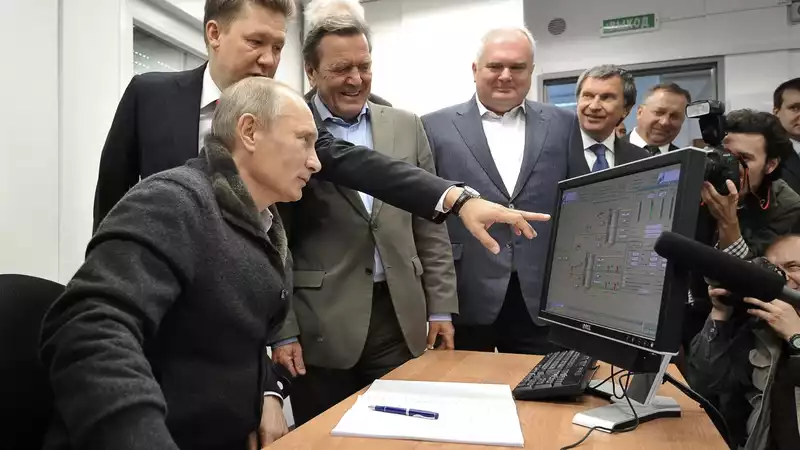Russia's ambitions for "digital sovereignty" suddenly encountered the real world this week. That's because plans for a state-funded Russian "National Game Engine" (open in new tab) went up in smoke as soon as the country's parliament realized that the project would cost a lot of money and generate only a small amount of revenue. Vedomosti (opens in new tab) reports that an unnamed private investor has stepped in to continue the project.
Digital Development Minister Maksut Shadayev branded the Russian technology industry's plan to develop a homegrown game to replace Unreal Engine and Unity as a "painful story. And for good reason: Shadayev told Duma, the Russian parliament, that the proposed Russian-made engine would be "insufficiently monetized" and would cost far more than it would benefit. It is like a dash of cold water on a once hotly burning national ambition.
Shadayev added that it would be "pointless" for the lower house to discuss subsidies for Russian developers committed to using domestically produced engines. This seems reasonable, given that Russia's domestic engine is purely hypothetical at this point, and Shadayev himself has just ruled out the possibility of state funding. However, the question arises whether Russian developers are already planning their projects on the assumption that they will secure "patriotic" subsidies.
The minister said that the plan would have to rely on private funding to proceed. Sources told "Vedomosti" that a private investor (whose name is unknown at this time) has stepped in to fill the funding void left by the Russian state. Of course, in July, Russian media reported that the project would require "billions of rubles" (open in new tab) to realize. It may not be enough for one private investor - unless he is a particularly wealthy and profligate oligarch - to pull off the project, but it would be enough to sustain life.
It is surprising to see this project getting rough treatment in the Russian parliament. But it seems that even such big-name companies cannot escape reality for long. Although Western sanctions have had less severe effects (open in new tab) than once expected, the Russian economy remains in a very delicate position. It turns out that investing billions of rubles in a game engine in wartime does not seem like a good idea, no matter how much backing you have.


Comments